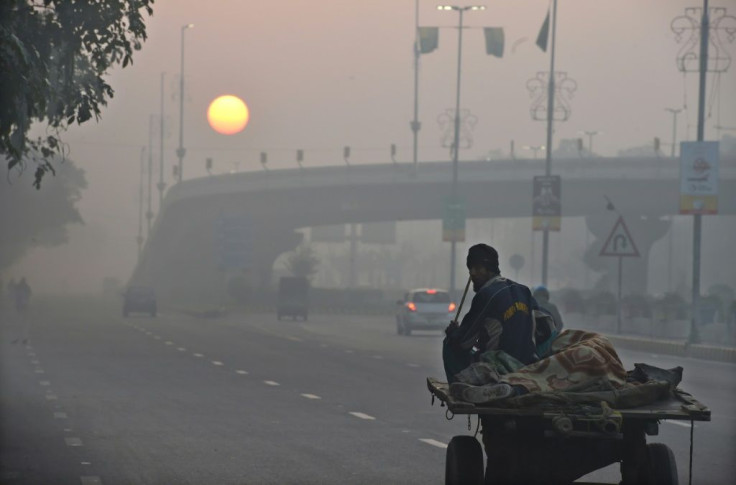Coronavirus Impact: Air Quality Improved In Cities That Implemented Emergency Measures
KEY POINTS
- Cities with emergency measures in February saw significant reductions in air pollution
- Air quality improvements are likely from changes in activities
- Results showed governments can impact air quality through policy changes
Earlier this year, several places across the world took concrete steps to combat coronavirus, with some cities declaring a state of emergency. According to a new study, the air quality significantly improved in the six cities that implemented emergency responses in February.
For the study, professor Marc Cadotte of the University of Toronto Scarborough looked at the air quality index (AQI) of six cities that limited human movement and interaction in February as a means to prevent the spread of COVID-19. These were Seoul, Milan, Kyoto, Shanghai, Hong Kong and Wuhan.
Cadotte focused primarily on February 2019 and 2020 AQI data to compare pre- and post-COVID-19 air pollution, found those six cities saw a significant drop in five of six major pollutants.
"You're looking at anywhere from a 20 to 40% decline in air pollution levels," Cadotte said.
He also compared the air pollution changes in the six cities to 11 other cities that did not implement emergency measures until March, but did not see the same reductions in air pollution in the latter.
Cadotte noted the reductions in the cities that placed emergency restrictions could be attributed to the sudden change in activities. With the emergency responses in place, fewer people were out in the streets and even factories were temporarily closed.
According to Cadotte, the decline in air pollution during that period showed governments were actually capable to improving air pollution through changes in policy, especially considering air pollution killed about four million people each year.
"If governments are willing to expend trillions of dollars in direct funding and indirect economic costs to combat this disease, then why do these same governments permit or even subsidize activities that emit air pollution?" Cadotte wrote. "Perhaps mandating changes to economic or transportation activity or investing in clean technology would better protect human health from the effects of air pollution."
As for the air pollution reductions' impact on the fight against climate change, Cadotte said the effect will likely be minimal. This was similar to the words of other experts who noted earlier the pandemic's effect on the climate will likely be "short-lived" and "temporary."
The study has not yet been peer-reviewed, but it is available on the Environmental Sciences preprint website.

© Copyright IBTimes 2024. All rights reserved.






















